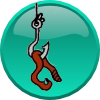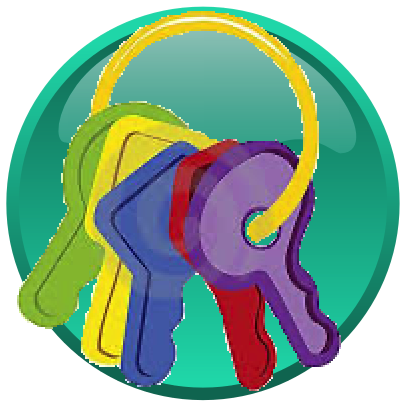Little Watchman Translation
This is my own translation of the Bible.
I appreciate any feedback or corrections.
I'm not trying to start a cult or anything.
My basic principle is that the Bible
should be free. Men should not be profiting from selling Bibles.
But I can't stop them. That is their
legal right in a free country.
One day they will meet with the original
author and discuss it with him.
So I have written my own translation. It is copyright, but you may use it free of charge, for any purpose which honors God, and which does not bring financial profit of any kind.
I aimed to make as literal a translation as possible while preserving the original intention and a consistent English reading.
The overriding principle of translation was to try to avoid any preconception and to just let the original Greek say whatever it says. Perhaps the most striking instance of this was the Greek word σταυρος (stauros) which has traditionally been translated as "cross". But that is not the meaning of the Greek word. It means a stake or pole. It could be part of a fence, or a door post. Of course the references in the New Testament are to do with the implement of execution used by the Romans. Historically though it seems that this was usually a simple stake which sometimes, but rarely, had a crossbar. We do not actually know whether the stauros on which Yeshua was executed had a cross bar or not. So, based on the text and the original meanings I have translated stauros as "stake". And equally the verb σταυροω (stauroo) which has traditionally been translated as crucify, (which came from Latin), but which literally means to execute by hanging/nailing to a stauros (stake), has been translated as "execute".
Another influence in most translations is the translation of names to their English equivalent. So πετρος (petros) has traditionally been translated as Peter. Instead I have translated them using the original name, Petros. This is particularly evident with the name ιησους (iesous) which is traditionally translated as Jesus or Joshua depending on which person the text is talking about. In fact, Jesus was a made up name, made specifically to distinguish him from Joshua (the disciple of Moses).
But the Greek makes no distinction. So I have translated both as Yeshua, the Hebrew name.
To be honest, this took some getting used to myself, but the more I worked on this and read the text, the more comfortable I became with it. I hope it will be that way for you too.
Traditionally in some translations any noun relating to a divine being has been capitalised. But again, that is not what is in the Greek. So, if it looks like it is being used as a name or a title, then I capitalised it. Otherwise I didn't.
Sometimes to get a smoother English translation there seems to be a word missing in the Greek, or it is implied but not present. In those cases I have put the word in square brackets [like this] so you are aware that they weren't literally there. I have also added the occasional text in square brackets if I think the sentence needs a little explanation, and in cases where, if I was speaking this translation to you, I would add a side comment to explain it as I went.
There are no verse numbers in this translation. In my experience they do more harm than good. People are too quick to flip to one verse and then they get the wrong idea about what it means because they haven't read the context. So in the end I decided not to propagate that. Read chapters. Get to know the bigger picture.











